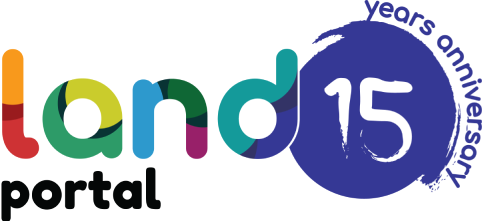Like other regions, Eastern Europe and
Central Asia is vulnerable to climate change and its
potential socioeconomic impacts. While all countries are
facing warmer temperatures, a changing hydrology, and more
extreme events (for example, floods and droughts) and are
concerned about the level of greenhouse gases in the
atmosphere, they differ in their financial and institutional
capacities to respond. Therefore, especially for the most
vulnerable countries in the region (for example, those in
Central Asia and southern Europe), adapting to climate risk
adds a new dimension to the challenges of development, but
also provides an opportunity to revisit priorities and
accelerate reforms. The Europe and Central Asia (ECA) Region
of the World Bank has been actively working on
climate-related projects and has advanced a number of
initiatives in response to climate change since the 1990s.
Nevertheless, up until a few years ago the region's
focus was mainly on emissions reduction (mitigation), rather
than on helping countries respond to existing or expected
impacts from climate change through adjustments in natural
or human systems. But more recently, adding focus on climate
adaptation had led ECA to initiate a program of analytical
work and pilot investment projects to help develop the
information and knowledge base necessary to help build staff
skills as well as better respond to client needs.
Authors and Publishers
World Bank
World Bank Group (WB)
The World Bank is a vital source of financial and technical assistance to developing countries around the world. We are not a bank in the ordinary sense but a unique partnership to reduce poverty and support development.
Data provider
World Bank Group (WB)
The World Bank is a vital source of financial and technical assistance to developing countries around the world. We are not a bank in the ordinary sense but a unique partnership to reduce poverty and support development.


